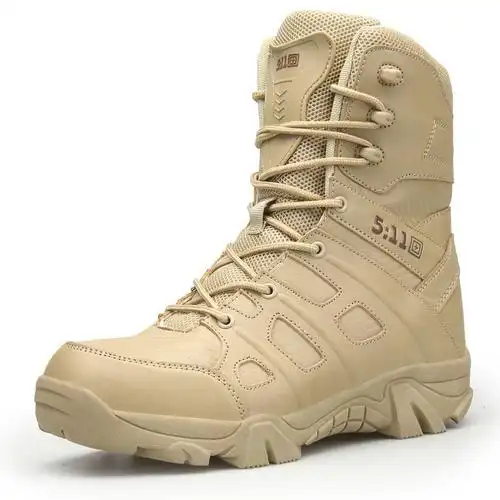
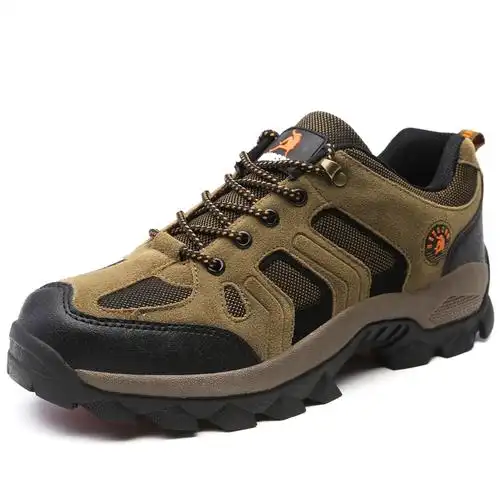
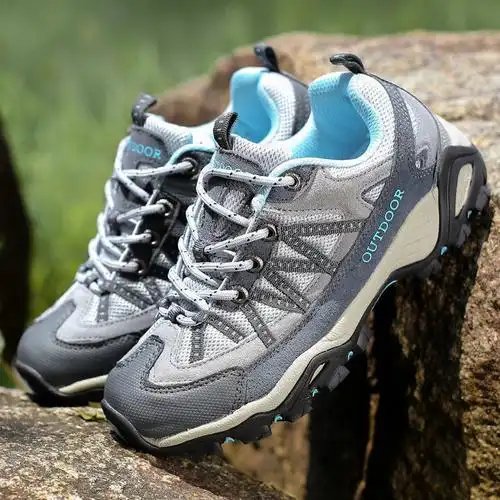
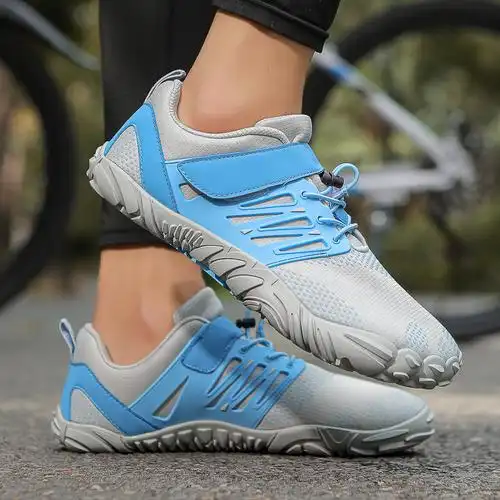
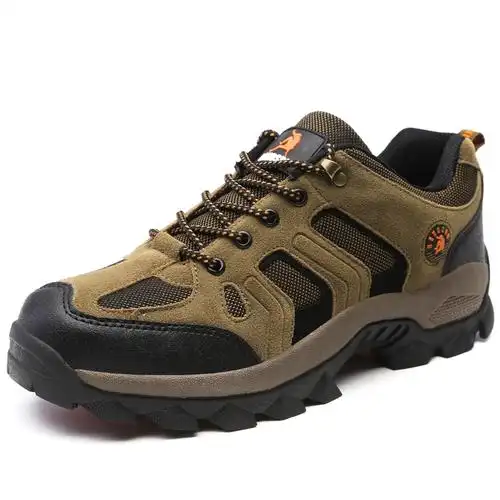
Import high-quality, eco-friendly footwear from China to Switzerland. Discover cost-effective logistics, EU compliance tactics, and strategies to meet Switzerland’s rigorous sustainability standards.
—
Introduction
Switzerland’s reputation for precision engineering and sustainability creates a unique opportunity for footwear businesses. While local brands prioritize craftsmanship, Chinese manufacturers offer scalable solutions for retailers targeting Switzerland’s luxury and eco-conscious markets. This guide reveals actionable strategies to import shoes from China to Switzerland, overcoming regulatory hurdles and aligning with the country’s demanding quality and environmental benchmarks.
—
Why Import Shoes from China to Switzerland?
1. Cost Efficiency Meets Craftsmanship
Chinese factories produce footwear at 40–60% lower costs than Swiss domestic manufacturers, combining advanced machinery with skilled labor. This allows businesses to offer premium designs at competitive prices without compromising quality.
2. Sustainability-Forward Manufacturing
Swiss consumers prioritize eco-friendly products, and Chinese suppliers now specialize in recycled materials (e.g., ocean plastic soles), vegan leather, and carbon-neutral production methods. Many factories hold certifications like BSCI or SEDEX, aligning with Switzerland’s strict REACH regulations.
3. Customization for High-End Markets
From Zurich’s minimalist loafers to alpine hiking boots for Graubünden’s rugged terrain, Chinese factories accommodate niche designs. Small orders (e.g., 200 pairs) and rapid prototyping cater to Switzerland’s trend-driven retailers.
—
Step-by-Step Guide to Importing Shoes
1. Source Ethical Suppliers
– Use platforms like Alibaba or Made-in-China to connect with factories holding BSCI, SEDEX, or OEKO-TEX certifications. Prioritize suppliers with experience in European markets.
– Request samples to test material breathability for Switzerland’s humid summers and durability for alpine conditions.
2. Negotiate Pricing and MOQs
– Secure bulk discounts (e.g., 15% off for orders over 300 pairs).
– Clarify payment terms (e.g., 30% TT deposit, 70% before shipment) and lead times (30–45 days for standard orders).
3. Ensure Compliance with Swiss Standards
– Labeling: Include multilingual tags (German/French/Italian) with:
– Country of origin (“Made in China”).
– Material breakdown (e.g., “Recycled polyester, natural rubber”).
– Certifications: Ensure REACH compliance for restricted substances (e.g., azo dyes) and CE marking for safety.
4. Master Logistics
– Shipping Methods:
– Sea Freight: Economical for bulk orders (35–45 days via Genève Port).
– Air Freight: Fast-track delivery for luxury collections (7–10 days).
– Customs Compliance:
– Submit invoices, packing lists, and certificates of origin via Switzerland’s FCA portal.
– Partner with local brokers to navigate EU/Swiss dual regulations (Switzerland is not an EU member but follows similar standards).
5. Localize Your Market Strategy
– Highlight sustainability credentials (e.g., “Carbon-Neutral Shipping” or “100% Recyclable Packaging”).
– Target regional preferences: sleek designs for Geneva’s finance sector vs. rugged styles for outdoor enthusiasts in Valais.
—
Navigating Tariffs and Regulations
Switzerland applies an average tariff of 5–12% on footwear imports, depending on material composition. Leverage bilateral agreements (e.g., Switzerland-EU Free Trade Agreement) for reduced duties. Ensure compliance with:
– Swiss Textile Labeling Act: Detailed material transparency.
– CO2 Act: Emissions reporting for logistics.
—
Key Challenges & Solutions
Challenge Solution
High shipping costs Opt for consolidated shipping via DHL or DB Schenker.
Strict sizing norms Collaborate with suppliers to create Swissspecific sizing charts.
Language barriers Use AIpowered translation tools for contracts and labeling.
—
Conclusion
Importing shoes from China to Switzerland is a strategic gateway to profitability in one of Europe’s most discerning markets. By prioritizing eco-conscious designs, meticulous compliance, and localized branding, businesses can meet demand for quality, sustainability, and innovation. Start sourcing today to position your brand as a leader in Switzerland’s evolving footwear landscape.
Call to Action:
Ready to launch your first import? Contact our experts for a free consultation on navigating Swiss regulations, sustainable sourcing, and cost-effective logistics.
—
Article link:https://www.vlefooena.com/manufacturer/3825/

No reply content